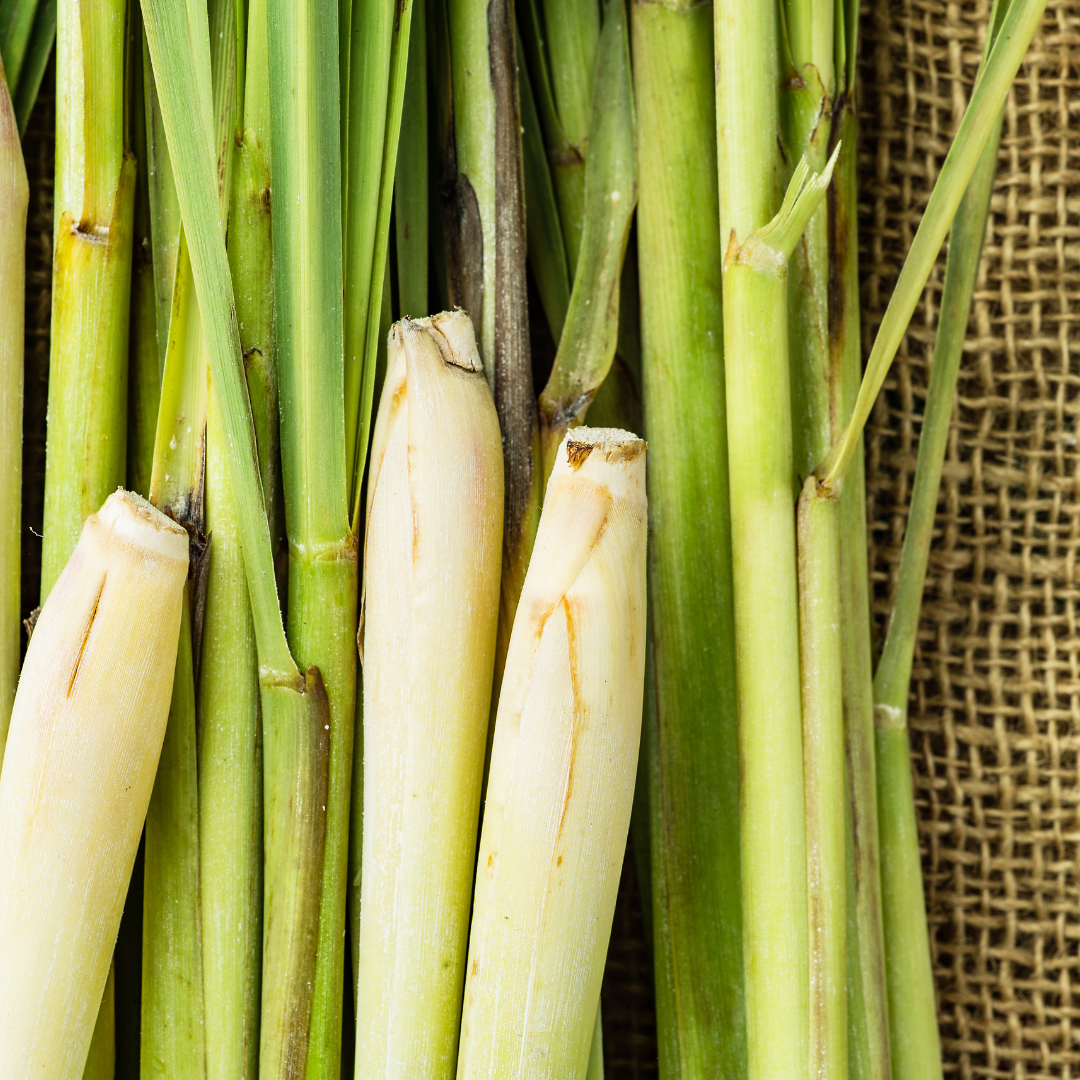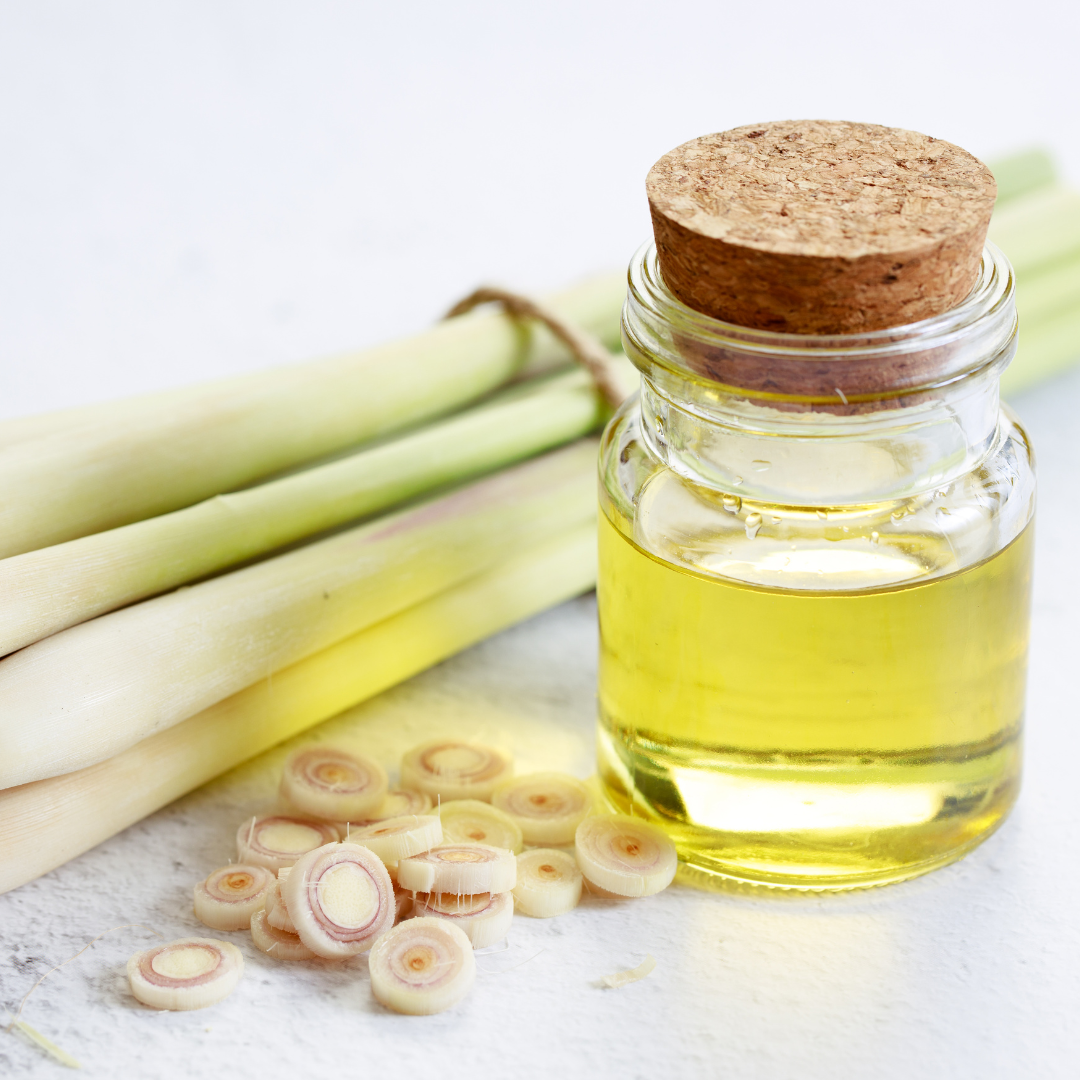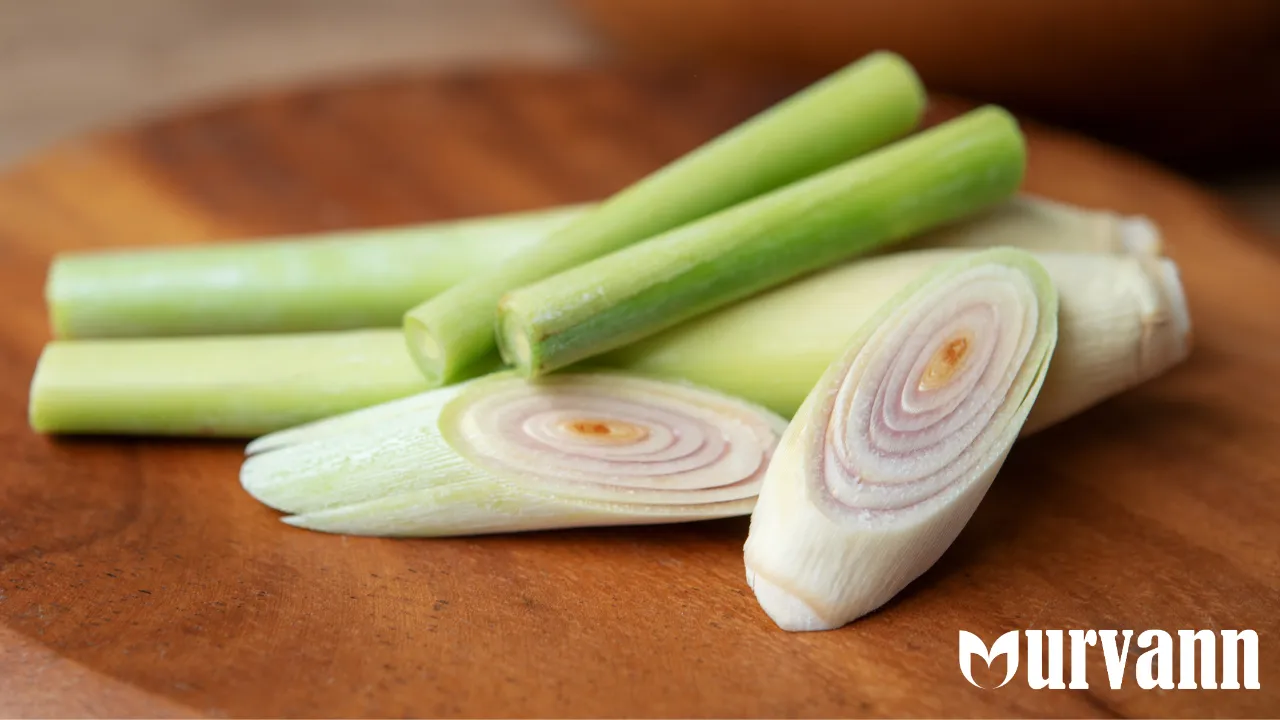As Indians, we are a different kind of attached to grasses. Those barefoot walks and feeling the goodness of Mother Earth in every step have a separate fan base. But, caution, this grass is not for that, but is more functional. Lemongrass, also known as Cymbopogon Citratus in the botanical world, emerges from the tropical regions and is widely popular around the world for a variety of uses. It looks like a close relative of that simple green grass in your backyard, but it can also take up the space in the small container placed near the kitchen window. I was first introduced to lemon grass when one of my relatives cooked delicious rasam rice flavoured with it. Thanks to that day, and working in a plant company that I am here to tell you about how to grow lemon grass at home in easy steps and the benefits we can reap, starting from a small container.
P.S. - Looking for pots? Do not forget to check out our cute plastic pot collection! 🪴
Lemon Grass - The Citrus Companion Of Our Garden
Lemon grass is defined by its zesty citrus aroma and endless uses. It is a tropical herb that has found its way from Southeast Asian kitchens to home gardens around the world. Now, whether you like to sip a hot cup of flavourful tea, add a punch to your favourite dish, or just need something to place near the kitchen window, lemongrass knows how to make itself useful.
It’s one of those herbs that you are likely to place near the kitchen window in a little pot to adore always.
What Are The Different Uses Of Lemon Grass?
Lemon grass has proved itself in many ways. Once added to the garden, it can be the versatile addition that you were waiting for. In that way, from the zesty rasam rice broth that had me at first sip to the herbal properties that work magic in aromatherapy, there are ways you can take it to your full advantage.
-
Excellent Insect Repeller
You know those evenings when mosquitoes just won't let you live? Lemongrass can help with that. It has this natural citronella magic that bugs absolutely hate. Just plant it near a window or keep a stalk near your balcony, it works like a charm.
-
Wide use in Aromatherapy
Honestly, the smell of lemongrass is a vibe in itself. It’s refreshing, calming, and just makes everything feel a little better. Whether it’s in oils or diffusers, it’s one of those scents that instantly hits reset on a stressful day.
-
Cooking
From Thai curries to a homely rasam, lemongrass adds that zingy, citrusy twist that takes a dish from okay to wow. If you enjoy experimenting in the kitchen, this one’s a must-have.
-
Easy to Grow at Home
This is the plant version of “low effort, high reward.” It needs full sun, which is easily available in the south-facing window of your home, or else place it in the outdoor garden.
-
Mood Lifting Fragrance
There’s something about the scent of fresh lemongrass — it’s light, lemony, and instantly lifts your mood. Even brushing your hand against the leaves while watering them can fill the breeze around you with the scent.
The Medicinal Benefits of Lemon Grass
At the start of the article, we mentioned how lemon grass is functional. So, let me tell you the magical healing properties that are no less than a slow yet effective potion of health. Various medicinal studies have proved that lemon grass is right for consumption by the body and can reap the countless benefits like the ones given below:
-
Helps in Relieving Pain
Remember that muscle soreness you experience after a long and hectic day. Well, the excellent anti-inflammatory properties of lemon grass work in calming things down. You can take it in the form of oil or nicely brewed tea. Pair your lemon grass supplements with adequate rest and exercise, and tada!
Lemongrass also helps alleviate menstrual cramps and regulate the menstrual cycle flow.
-
Detoxifying Properties
A few sips of lemon grass tea can prove to be the antioxidant your body needs. It contains diuretic properties that aid increased urination, essential for the cleansing of the liver and kidneys and keeping the body detoxified, light, and feeling more refreshed. The lemon grass tea that we talked about so much is also helpful in digestive enzymes that keep the healthy nutrients and relieve the body of extra waste. It even reduces bloating.
-
Helps in Reducing Stress
There’s a reason lemongrass is used in spas. The fragrance, the warmth, and the calm it brings are like a warm hug in a cup or the relaxing feel after a gentle massage with oil. Its mood-boosting aroma lets you forget the stress of the days before and helps you start the day on a positive note.
-
Effective Herbs for Cough and Cold
One of the major lemon grass plant benefits is seen in cold conditions. It clears up congestion, soothes sore throats, and just makes you feel better when you're under the weather.
-
It Boosts Immunity
Thanks to its antibacterial and antifungal powers, lemongrass helps keep infections away. A little goes a long way in supporting your immune system.
-
Helps in Reducing Blood Pressure
Some studies and home remedies swear by its ability to help manage high blood pressure. It's not a replacement for meds, of course, but it’s gentle support when included in your daily wellness routine.

How to Grow & Care for Lemon Grass at Home
Lemon grass plant care is easy peasy. Here are some of the following steps on how to grow lemon grass that you can follow:
Sunlight
Lemongrass is a total sun lover. The plant needs a daily dose of approximately six hours of direct sunlight. And no, it doesn’t mind partial shade for some time.
Watering
Lemon grass demands consistently moist soil, but avoid the soggy feet. It may impact the root of the plant, leading to rot, which can harm your plant. You can ensure that by digging your finger in the soil and checking for dry soil.
Soil Care
Like we always say, a well-prepared soil mix acts as a foundation for your plant and helps it grow better. Your plant can stay healthy in a well-draining soil prepared with garden soil, compost, and perlite.
Safety against Pests
While lemongrass naturally repels some insects, pests like aphids can still sneak in. A simple neem oil spray once in a while can help keep the drama away.
Proper Fertilization
Feed your plant once a month with an organic fertiliser or compost to keep those leaves lush and happy. Think of it like a monthly treat for your green buddy.
The right place to grow
Considering all the above factors, you can place the plant in a well-lit section of your home. You can choose your outdoor garden or use the south-facing window at home for growing lemon grass indoors.
Facts about Lemon Grass
Wondering and wandering? indboggling facts about lemon grass..
- Lemon is not even the closest cousin of lemon grass. The name is due to the citrusy, lemon-like aroma it releases.
- In aromatherapy, it’s one of the most preferred essential oils for stress relief
- It’s also called Fever Grass, as it’s used for treating fever and cold.
- Malaysian legend says that if the lemon grass blooms, one can find a hidden treasure beneath it. Well, that’s a rare sight!
That’s All Folks!
Growing a herb garden is surely a dream to pursue. Once you get the right set of plants in your garden, know that the season for broths and healthy delicacies is all sorted. One member of this family is Lemon grass, which is an absolute wonder. If you’re a plant lover or thinking of adding this love to your wishlist, saving this blog can help you. In addition to lemon grass, we have rosemary, tulsi, mint, and over 5,000 other plants waiting to reach their destined customers. So, book your plant today and enjoy a wonderful balcony space from home.
Comment below for more plant-related information and care tips. Happy Gardening!
Frequently Asked Questions about Lemon Grass
-
What is the other name of lemon grass in India?
Lemongrass is known by different names in different regions of India. For example, in Hindi it’s sera, in Sanskrit it’s Aavartaki, in Tamil it's called Karpura Pul, in Telugu it’s called Nimmagaddi, and in Marathi it's called Gavati Chaha.
-
How long does lemon grass take to grow?
Lemon grass typically takes about 3 to 4 months to grow. To reach the transplantation stage a seedling may take about 2 months. The actual time interval also depends on the region.
-
How long is the lifespan of lemon grass?
Lemon grass is perennial, which means it comes around every year. The lifespan of lemon grass can now be up to 4 years, depending on the conditions.
-
What is not best to plant next to lemon grass?
Many plants do not make good partners for lemon grass. Like Mint, which grows aggressively and may take over the space that lemon grass already occupies. Cabbage and fennel are also plants that should not be grown near lemon grass.
-
Is lemon grass good to keep at home as per Vastu?
Yes, lemon grass is a perfect plant as per Indian Vastu. When placed near windows, it’s said to absorb the negativity filling the space with aromatic and positive vibes.


